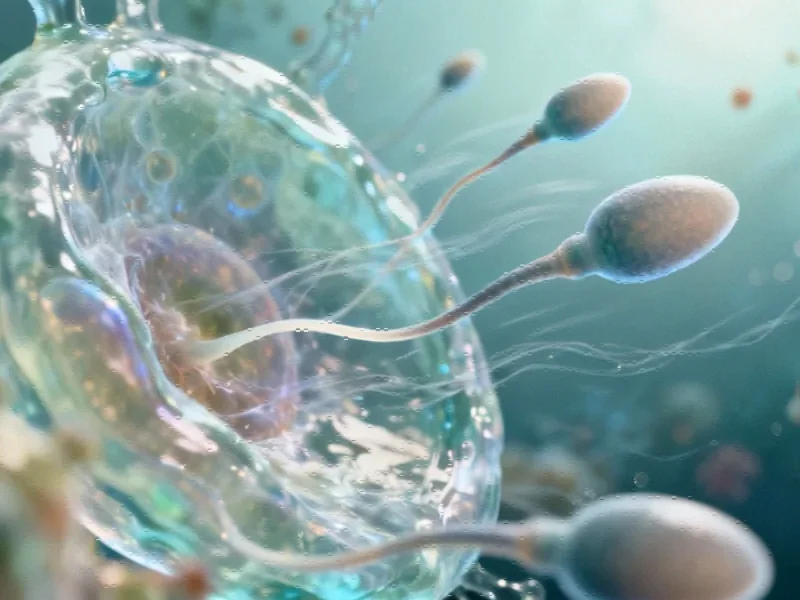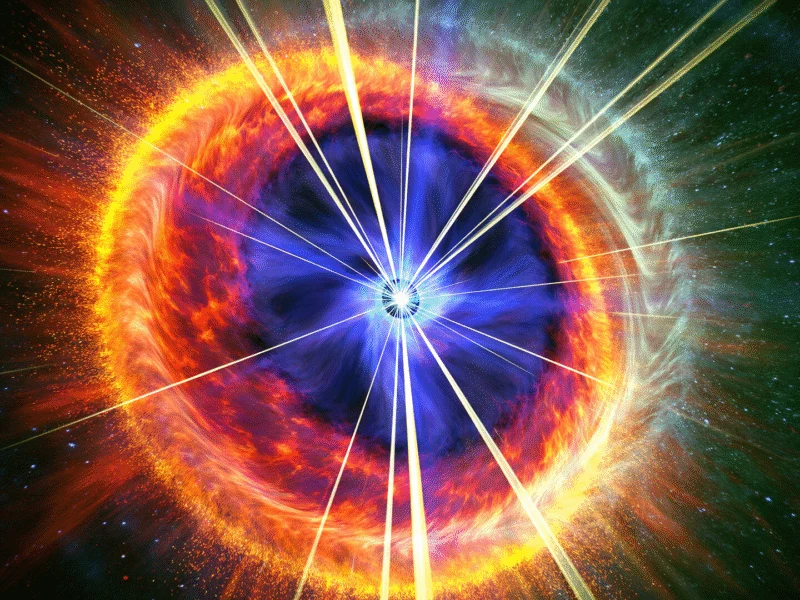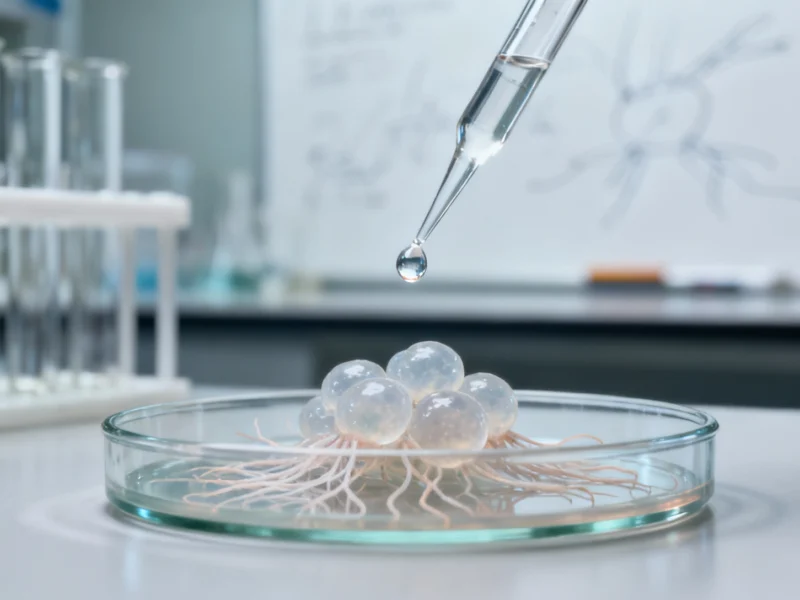Neighborhood Environment Shows Strong Correlation With Dementia Biomarkers, Research Reveals
A groundbreaking study reveals that neighborhood conditions may leave lasting imprints on brain health. Researchers found significant correlations between ZIP code-level disadvantages and dementia-related biomarkers in brain scans.
Neighborhood Factors Linked to Brain Health Markers
Where you live may significantly influence your brain health and dementia risk, according to reports from Wake Forest University School of Medicine. A new study published in Alzheimer’s & Dementia: Behavior & Socioeconomics of Aging suggests that neighborhood conditions appear to shape dementia-related brain biology through measurable changes in brain structure and function.





